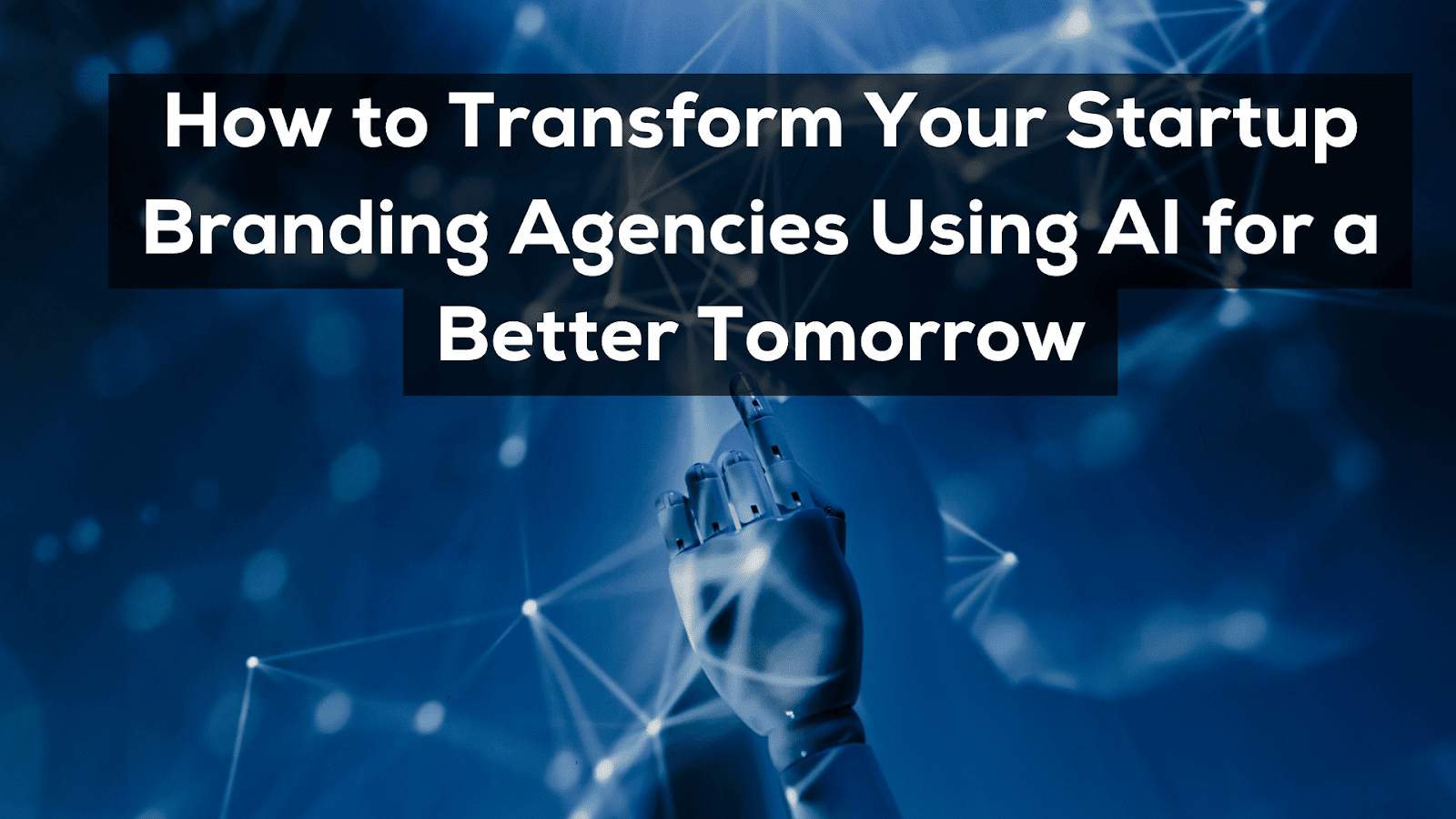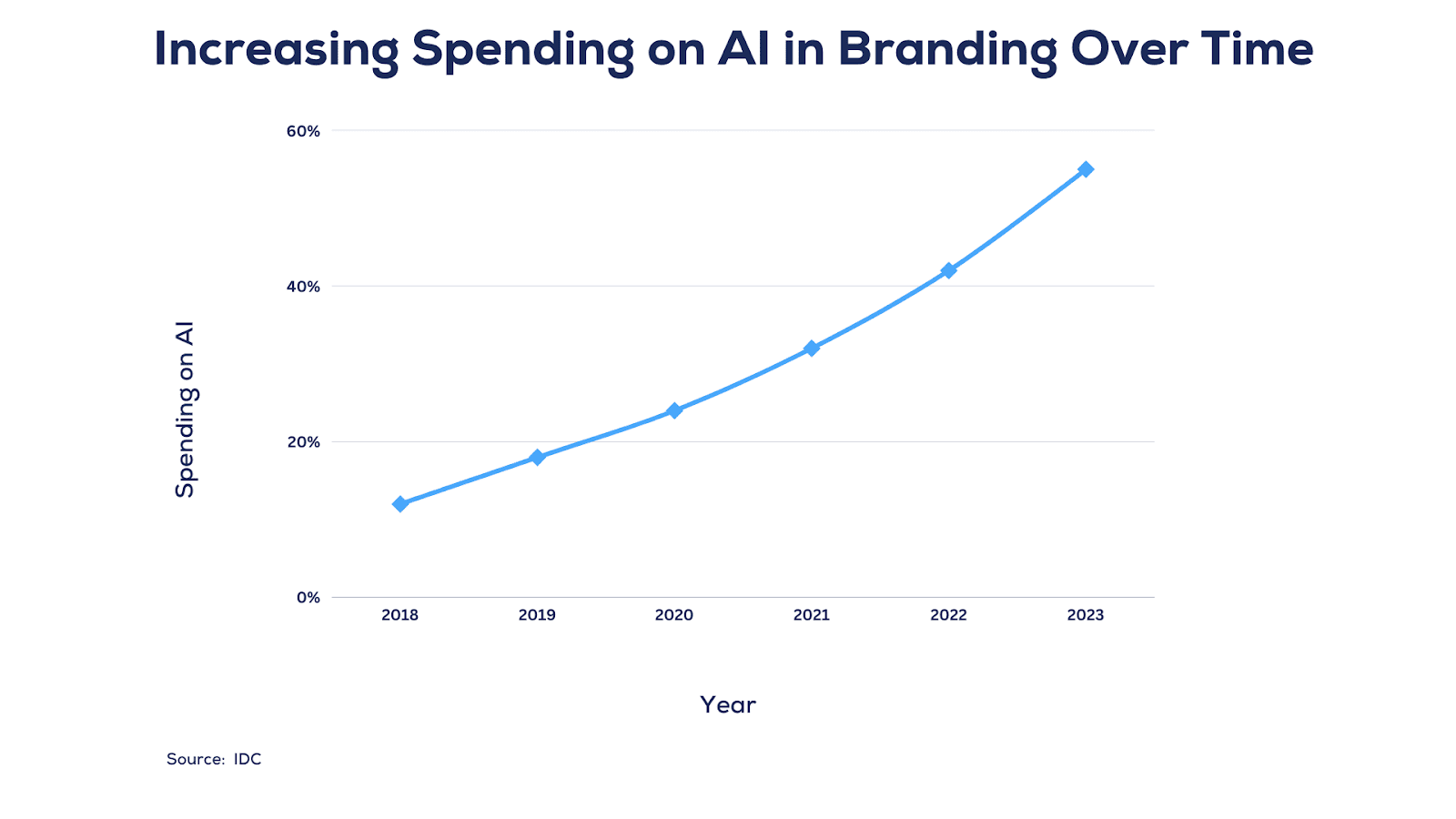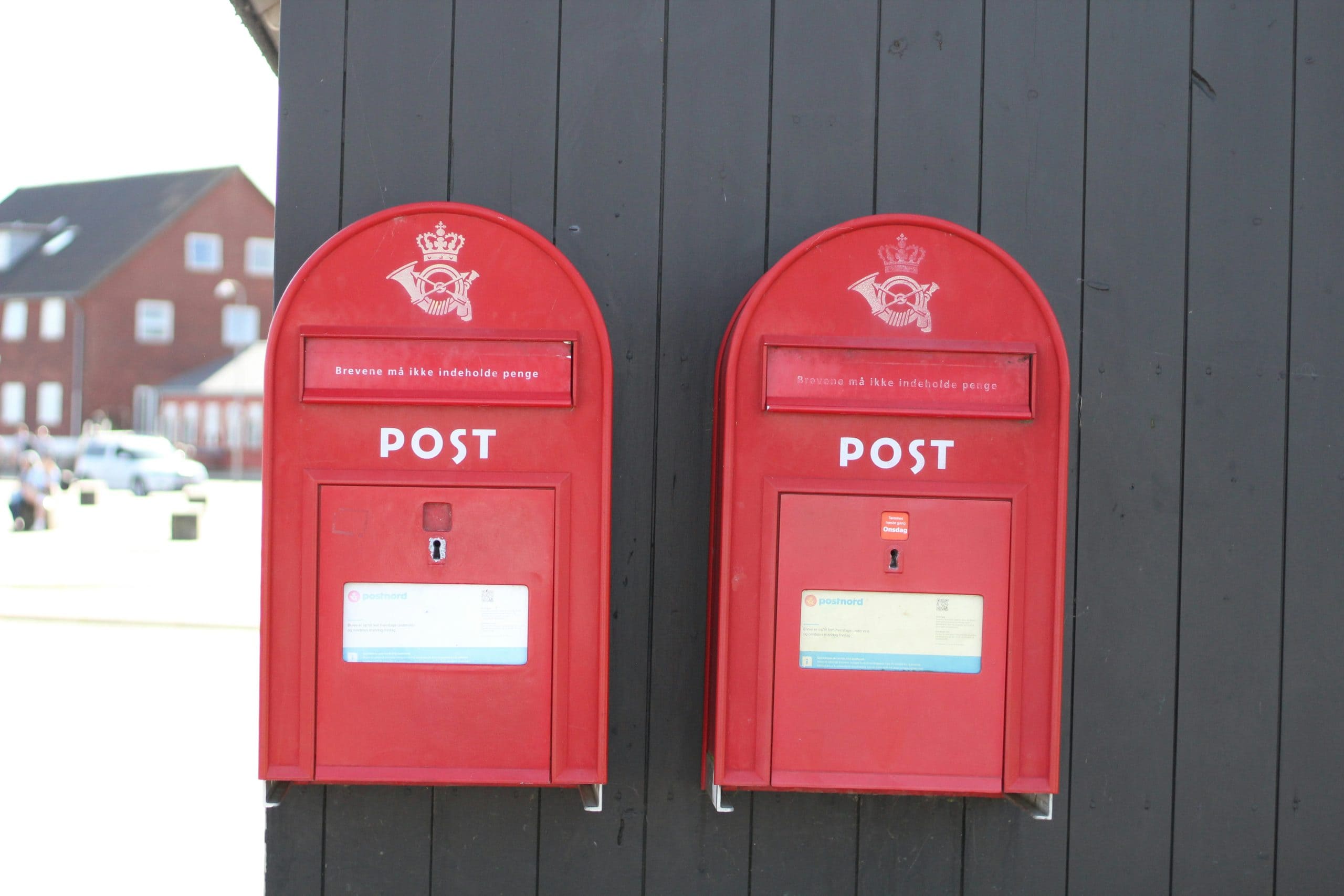
Note: This is a guest post written by Dan Martin – Over the past years, the growth of Artificial Intelligence has changed the way people work and the system that lies within. Keeping up with this rapidly evolving technology is at the forefront of every business to take over the center stage. Nonetheless, it is now more important than ever to understand how AI can evolve business branding to align with our lives.
The Evolution of AI in Branding
Artificial Intelligence entered the scene in the 1950s with initial machine learning experiments focused on tasks like checkers and puzzle solving.
Currently, AI has made substantial progress and become more intricate. The emergence of creative AI applications such as ChatGPT and GitHub Copilot has reshaped our utilization and harnessing of AI.
The development of AI in history has proven its adaptability to change. More importantly, its use in business branding has significantly impacted how we market our products and how it runs the overall business operations.
In the last few years, significant changes in computing power, data access and the advancement of algorithms have made way for the countless things that AI can do.
For startups seeking help on their AI-powered branding journey, partnering with an experienced startup branding agency can provide the guidance and expertise needed to maximize results.
Having the right skills in branding strategy, visual design, websites, and advertising tools can help revolutionize your branding strategy.
Current AI advancements have improved and extended its uses since it can now do complicated tasks such as translation, optimizing emails, making music, and even writing computer codes. This shows the potential and how AI can be used in the future.
Current State of AI in Branding
In the present state of AI in branding, generative AI has exhibited the potential to elevate productivity, increasing performance by 15 to 40%. This is equivalent to the total effect of all AI applications when combined.
Generative AI is predicted to have the potential to transform productivity and business value. According to McKinsey, it could add between $2.6 trillion to $4.4 trillion annually across various use cases.
These percentages can be realized in anticipated areas, including customer service, marketing, and software development.
For example, a pilot by McKinsey uses generative AI for content writing and shows that it it could generate articles similar to the quality of a college graduate.
Given this considerable potential, it’s evident that integrating AI into branding strategies holds promising possibilities. The following will discuss the benefits of AI on this matter.

Benefits of Integrating AI into Branding Strategies
It is proven that generative AI can significantly enhance important areas in business operations such as customer service, sales and marketing, and software development. An estimated 75% of the AI values used are under this domain.
- Improving client experiences and agent productivity to revolutionize customer operations. After using AI, one organization observed a 14% improvement in issue resolution and a 9% decrease in handling time.
AI may enhance customer experiences and increase agent efficiency. In a McKinsey study, a business with 5,000 agents observed a 14% increase in issues addressed per hour and a 9% reduction in average handling time per issue after deploying generative AI.
- Data-driven insights into customer behavior and preferences are used to optimize marketing initiatives. AI analytics has the potential to boost campaign performance by up to 50%. AI is capable of creating material and content, identifying patterns, and forecasting consumer attrition. Using AI-driven personalization and targeting, marketing campaign performance might be increased by 50%.
- Using automated coding tools like GitHub Copilot to accelerate software development. Productivity has increased by 50% for developers. AI coding tools, such as GitHub Copilot, allow for quicker and more efficient development. In testing, developers observed a 50% increase in productivity with the AI helper.
- R&D is being streamlined by automating literature reviews and experimental designs. AI may increase R&D efficiency by more than 70%. R&D may also benefit from generative AI by autonomously reading research material, devising trials, and generating conclusions. According to McKinsey, R&D processes may achieve efficiency benefits of up to 70%.
While the advantages are clear, it is critical to confront the elephant in the room: the obstacles and constraints that AI imposes.

Challenges and Limitations
AI is evolving rapidly, as exemplified by the launch of ChatGPT in November 2022 and its subsequent rapid evolution. This makes it hard to understand and adapt to AI’s skills. Concerns persist about data protection, biased algorithms, and excessive reliance on AI.
Despite these challenges, certain brands have effectively harnessed AI to their benefit and established benchmarks for others to emulate. Let’s look at some case studies that give us ideas.
Brands Successfully Leveraging AI
- Sephora employs artificial intelligence to analyze data about consumers’ complexion and make customized product suggestions. This has resulted in an increase of 20% in clicks and conversions.
- Adobe’s AI prototype aids in the automation of picture selection for social media, saving advertisers time and increasing engagement.
- Coca-Cola produced an AI chatbot that communicates with kids on social media in their language, increasing youth engagement.
- Spotify employs AI algorithms to generate tailored playlists and podcasts for subscribers, which adds significant value to the company’s branding.
Future Predictions and Trends
Although generative AI is still in its early stages, it has the potential to revolutionize professions and increase performance in a wide range of industries. It has the potential to unlock billions of dollars of value in a variety of industries, including banking, retail, healthcare, and life sciences.
As AI improves, businesses must focus on preparing their people for a future in which AI will be employed. To include AI in planning, an agile approach will be required. We haven’t even begun to consider all of the possibilities.

Conclusion
As we grow closer to an AI-powered future, it’s evident that generative AI is more than a fad—it’s a fundamental shift in how things operate. Brands that leverage their influence today will be the ones who lead the way in the future.
If employed responsibly and ethically, AI may help unlock new levels of invention, creativity, and advancement. This will enable startups to rebrand for a brighter future. Now is the moment to take action.
Frequently Asked Questions
Q: Is AI replacing human creativity in branding?
A: While AI can provide data-driven insights, human creativity remains irreplaceable. AI is designed to augment, not replace, human capabilities. Branding requires uniquely human traits like imagination, empathy, and artistry.
Q: How can brands ensure the ethical use of AI in branding?
A: Prioritizing transparency, obtaining explicit user consent, auditing algorithms for bias, and having human oversight of AI systems can help uphold ethics. Brands should also regularly assess AI tools to ensure alignment with human values.
Q: What are the risks associated with using AI in branding?
A: Potential risks include biased algorithms leading to discrimination, lack of transparency around how AI makes decisions, over-reliance on AI, and data privacy issues. Maintaining human oversight and comprehensive testing is important to mitigate these risks.
Q: Does AI pose a threat to branding jobs?
A: More likely, AI will change the nature of work rather than replace jobs. Branding roles may evolve to become more creative and strategic. AI can take over repetitive tasks, allowing humans to focus on higher-value work. Proactive training and upskilling will be key.






